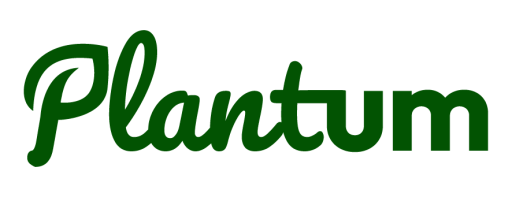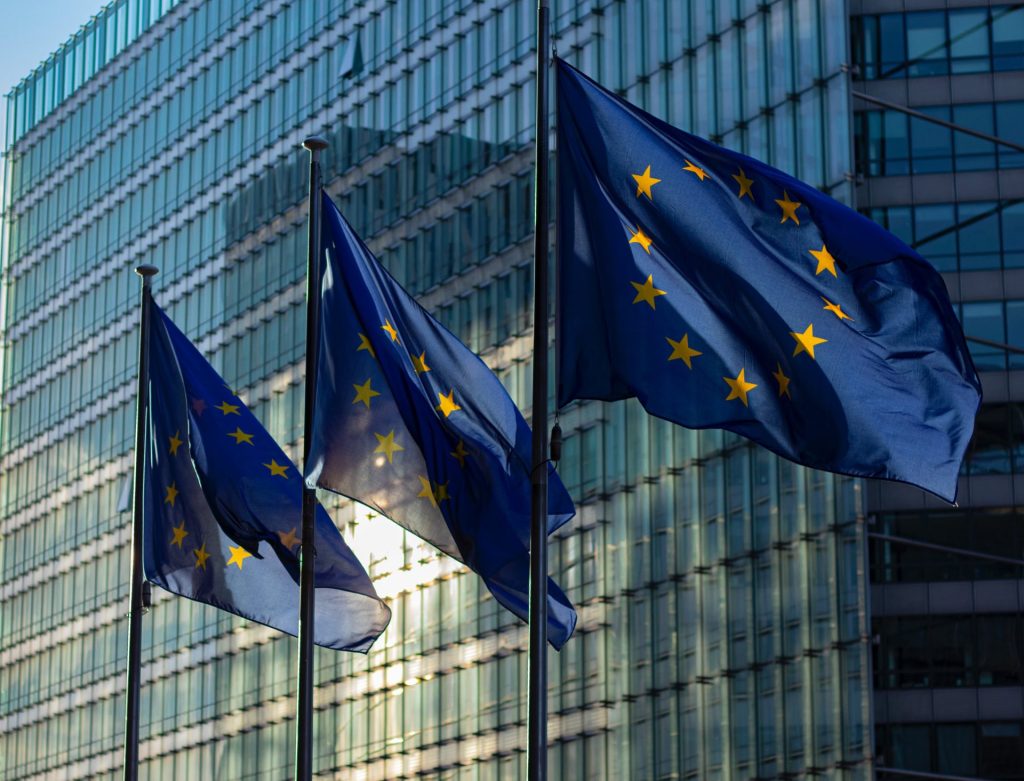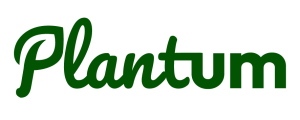REGISTER NOW Dutch Seed Symposium 2022
10th Dutch Seed SymposiumFor all seed women and men and all companies who care about the heritage of all time: The Seed. Tuesday October 4th, 2022
Fletcher Hotel – De Wageningsche Berg
Generaal Foulkesweg 96, 6703 DS Wageningen
https://www.plantum.nl/dutchseedsymposium
At the Dutch Seed Symposium an interesting spectrum of issues about seeds and seed physiology is presented by international researchers, aiming to give the participants a broad perspective of the present state of the art in seed science, bringing science and business together.
The presentations as well as the participants are interesting and stimulating for everyone who is involved with seeds in his/her profession. The Dutch Seed Symposium also provides a great opportunity to meet and talk to a broad range of people active in the seed industry.
Register now!The Dutch Seed Symposium is an initiative of Dutch seed companies, associated with Plantum.
You can register here, until September 27th 2022.
Should you have any questions, feel free to contact Monique van Vegchel.
Full program
Chairperson Niels Louwaars (Plantum)
09.00 – 09.30 Registration09.30 – 09.40 Welcome by the chairman
09.40 – 10.10 Opening address by Prof.dr.ir. Richard Immink (Wageningen University and Research) 10.10 – 10.55
Luis Lopez-Molina, PhD (University of Geneva)
The role of seed apoplastic barriers in the control of seed germination. The regulation of apoplastic barrier formation in seeds plays a central role in the control of seed germination. Evidence will be presented for a previously uncharacterized polar seed coat apoplastic barrier whose formation is promoted by cold during seed development to enhance seed dormancy levels.
10.55 – 11.25 Coffee break
11.25 – 12.05Jens MichaelCarstensen (Videometer).
Digital seeds transform seed testing – We explore the use of rich seed databases based on high quality spectral images of seeds. These digital twins represent an effective and efficient way to preserve seed properties, while the physical seed samples change over time. The digital seeds may be analysed for purity, damages, health, germination, vigor, longevity and many other traits. We accumulate and maintain phenotype knowledge, as well as virtual proficiency tests among classifiers. This allows for seed analysis and seed testing to go digital. Jos Heldens (SeedX)
Company presentation by SeedX on their AI vision acitivities. 12.05 -12.45
Martijn Janssen (Radboud University)
Tolerant flower buds keep it cool; A mechanism for plants to reduce heat stress. Heatwaves during flower development can have detrimental effects on pollen development and thereby seed set. Using natural variation in tomato we have identified a new mechanism through which heat-tolerant tomato plants protect their developing pollen. Kees Ketting (WUR)
Protection and selective translation of long lived mRNAs during seed storage and germination. he first steps of the germination process require translational regulation of mRNAs that were stored in seeds, rather than de novo transcription. We hypothesize that RNA Binding proteins (RBPs) are key facilitators of mRNA storage and selective translation during germination. Here we present the identification of RBPs in dry and imbibed seeds.
12.45 – 13.45 Lunch
13.45 – 14.25Dr. Mariana Silva Artur (Wageningen Univerity and Research)
An update on the Seeds for the Future initiative
Clemens Stolk (InnovaConnect)
Creating impact with plant science research 14.25 – 15.10
Olivier Leprince (Institute de Recherche en Horticulture et Semences)
Understanding phenotypic plasticity of seed vigour in response to drought during seed production. Using legume as a model species, we combine high through-put seed phenotyping and genetic diversity to identify genes controlling the effect of environment on acquisition of longevity and homogeneity of germination.
15.10 – 15.40 Coffee break
15.40 – 16.25Steven Groot (Wageningen University and Research)
The future of seed technology: Time for the tiny. Steven Groot will look back on his long career in seed research, but also casts his view towards the future of this exciting research field. 16.25 – 17.10
Corné Pieterse (Utrecht University)
The plant microbiome: seeding sustainable agriculture. In nature, plants are attacked by a multitude of pathogens and pests that can cause major crop losses in agriculture. To protect themselves, plants can activate a sophisticated immune system. Moreover, they recruit beneficial microbes to their root system that help them to grow better and boost immune responses. The Plant-Microbe Interactions group at Utrecht University aims to unravel at the molecular level how the plant immune system orchestrates interactions with beneficial microbes, pathogens and insects. This provides a rational basis for developing sustainable strategies for disease resistance in next-generation crops that produce more with less input of fertilizers or pesticides.
17.10 – 18.00 Chat with drinks
18.00 – 18.20Maria-Cecilia Costa (Bayer Crop Science)
Let’s kick off diner: Promoting knowledge valorization in the Dutch seed sector.
18.20 Dinner
Gerelateerde artikelen
Exportverbod Belarus vanaf 1 juli 2024
Sinds 1 juli 2024 geldt een pakket EU-sancties tegen Belarus (Wit-Rusland). Het gaat onder andere...
Lees meerDefinitieve versie cao Glastuinbouw
De definitieve cao Glastuinbouw is nu beschikbaar. Ook in het Engels en Pools.
Lees meerOnderzoek naar duurzaam geteelde Nederlandse brouwgerst
Vrijdag 28 juni was de officiële start van de publiek-private samenwerking Nederlandse Brouwgerst. Het doel...
Lees meer








